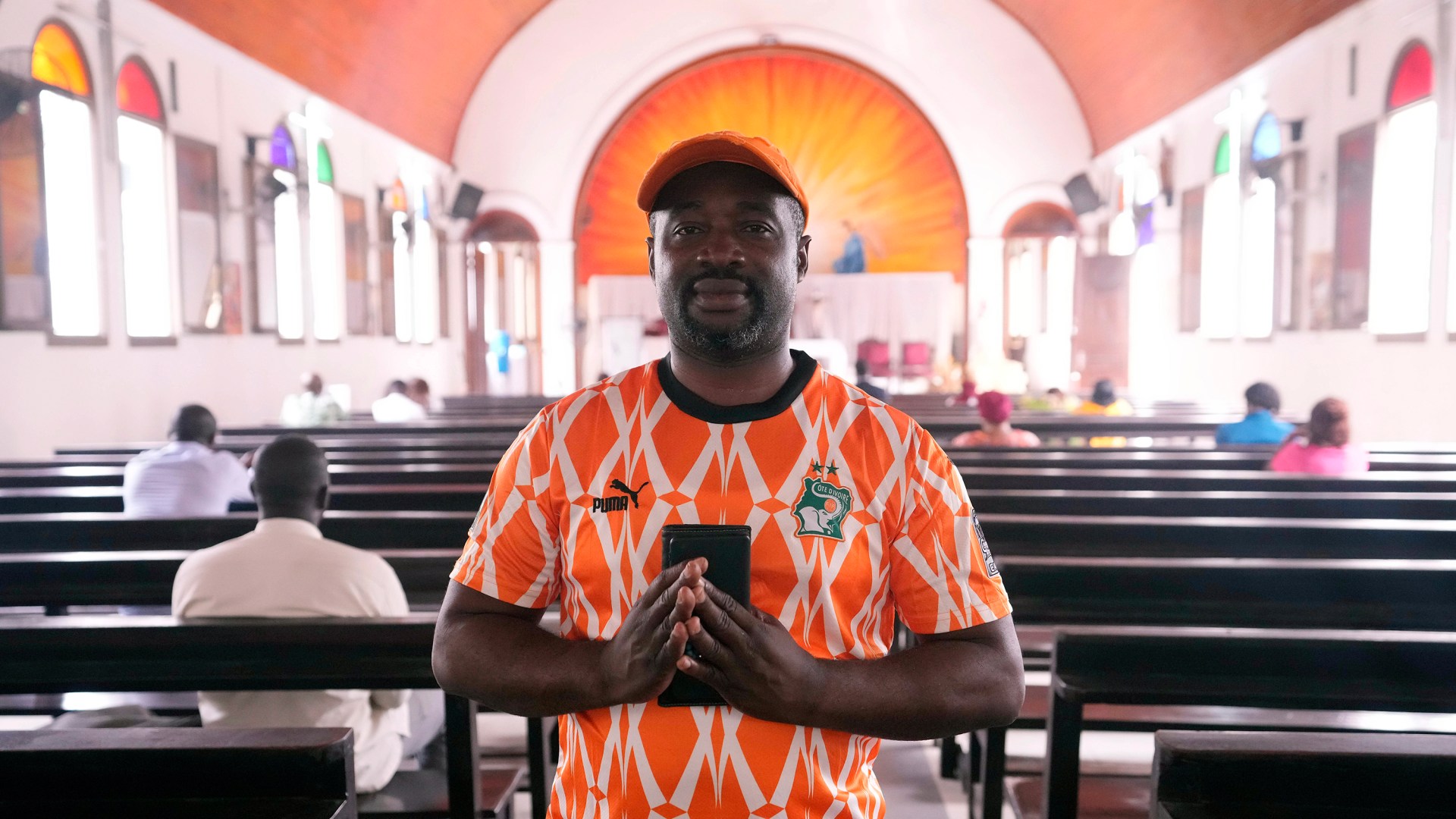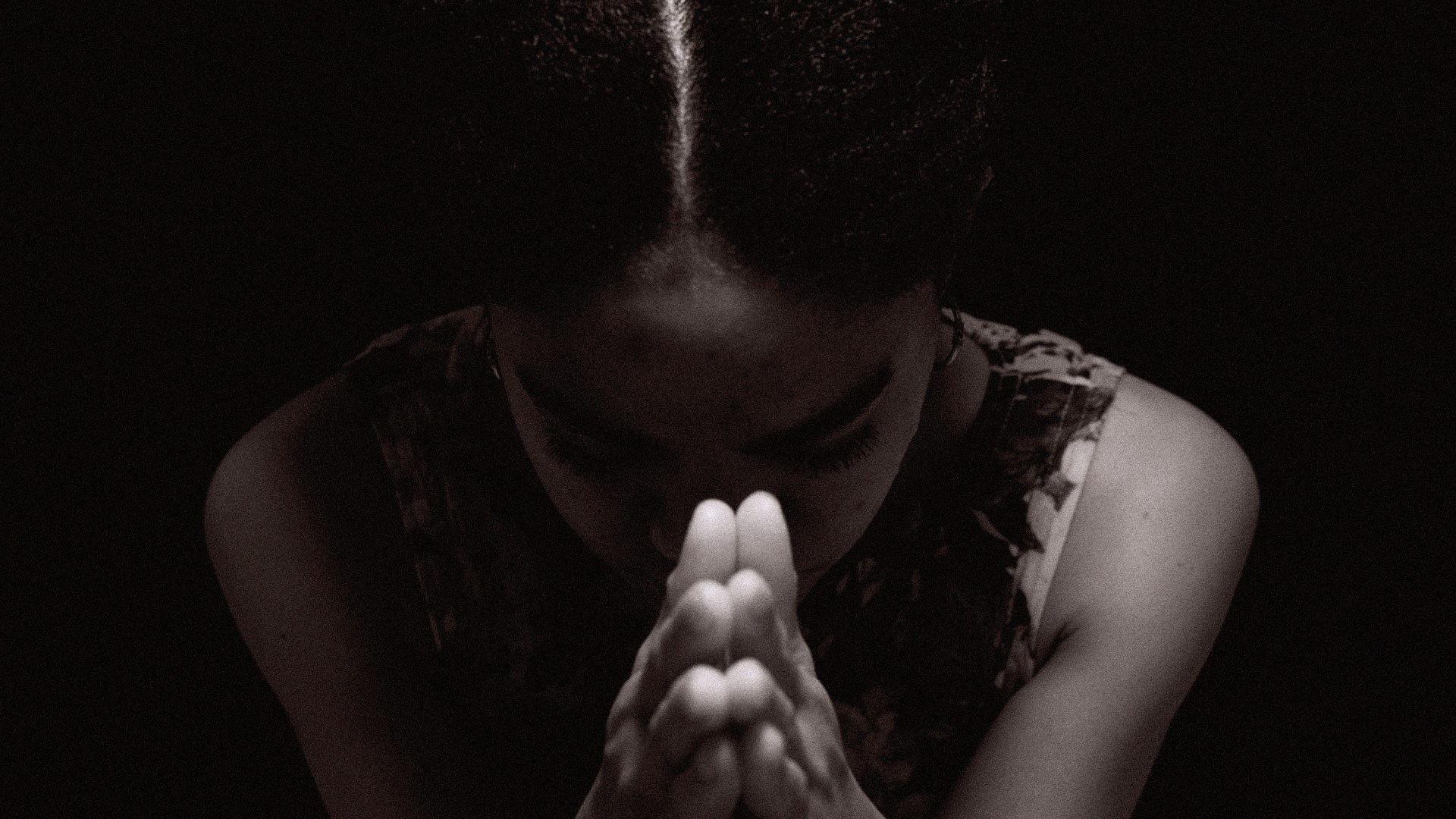Toxic. Abusive. Oppressive. Unhealthy.
I’d never heard those words used so often as I have in the last four years. At times, it has seemed like everyone I know is deciding to handle conflict with friends, colleagues, and churches by deciding to leave.
Maybe some of this is a generational shift as younger generations embrace the idea of “breaking the cycle,” or perhaps some of it stems from how the COVID-19 pandemic led many of us to reassess our lives. And nowhere has the pattern been clearer than on social media, where people have filmed themselves leaving their jobs, written posts torching the churches they’re exiting, and shared video diaries explaining how a breakup would help them heal.
For many, leaving has become the gold standard of mental health—and staying has become suspect, maybe even delusional.
Leaving and staying, though, are neutral terms. Leaving isn’t inherently good, and staying isn’t inherently bad. We need to better examine the ways in which we’re doing both. Instead of leaving (or staying) by default, we need to learn to pursue healing, accountability, repentance, forgiveness, and endurance.
Let me start with a necessary caveat: If you’re in a church, organization, or relationship that is hurting you, leaving may well be the right choice. It’s impossible to give universal advice here, but I am not suggesting that anyone live under abuse. In a large organization, if a domineering leader isn’t even available to talk, let alone repent if needed, it likely makes sense to leave outright.
My concern here is the more ambiguous situations, the situations where we too often make decisions based on our imagination and assumptions rather than on love, truth, and conversation that seeks clarity.
In general, as believers, we’re called to be agents of reconciliation (2 Cor. 5:18) who, by God’s Spirit, seek to cultivate healthy and clear communication and relationships. That’s what Jesus urges when he twice commands us (Matt. 5:23–24; 18:15–20) to talk to and be reconciled with people whom we have offended or who have offended us.
It can be overwhelming to talk through our feelings and confusion, yet it’s important that we follow this command with a posture of openness. We must be ready to ask and wrestle with hard questions. If you’re going to have a conversation that seeks clarity, for example, have you considered that there may be something new you’ll learn about the other person or even yourself? You may find that the other person or organization wasn’t the only “toxic” part of the situation.
Conversation can’t bring us to clarity or reconciliation if we live in the presumption of our own perpetual innocence. “As it is written: ‘There is no one righteous, not even one’” (Rom. 3:10).
We also can’t reach clarity or reconciliation if the conversation never happens. Living in that unresolved tension can damage our mental, emotional, and spiritual health. We may begin to live with a chorus of opponents in our minds or lose our ability to connect emotionally with others. Jesus told us to reconcile before we come to worship (Matt. 5:23–24) and even warned that “if you do not forgive others their sins, your Father will not forgive your sins” (Matt. 6:15).
On the other side of the relationship, when we walk away from people and leave them clueless or confused about our concerns, we place a heavy burden on them. They may feel like they were just a resource to be used and quickly discarded. (I can’t lie; I’m still not over the fact that people who had me on speed dial for emergencies one year lost my number the next.)
“If it is possible, as far as it depends on you, live at peace with everyone” (Rom. 12:18), and “in humility value others above yourselves, not looking to your own interests but each of you to the interests of the others” (Phil. 2:3–4). That may require having difficult conversations about complex truths for the sake of the other person.
Those conversations won’t necessarily end in agreement. Reconciliation and agreement aren’t the same. Years ago, at a church I pastored, a key member had different goals for the congregation than I did. He said, “Pastor, you have a vision, and I have a vision, and two visions create division.” We disagreed, but it was such a relief to have him conclude that he was going in a different spiritual direction without demonizing me or others in leadership.
That type of disagreement might lead to a kind of reconciled leaving. But if you decide to stay, that can produce good fruit too. I’ve seen people stay and continue the conversation well. They fought for change in love, sought clarity, and, over time, were able to create a healthier environment through prayer and clarified relationships. And whether we leave or stay, we have a duty to practice gratitude and bless others as our heavenly Father has so graciously blessed us.
Lastly, when we pursue clarity, we build endurance in our souls. We can “glory in our sufferings,” Romans 5:3–4 says, “because we know that suffering produces perseverance; perseverance, character; and character, hope.”
The passage begins in suffering but ends in hope—and that’s the fruit of endurance. You get to see the other side of suffering by going through the trials and tensions of life with people. You see fruit years later from patiently talking through wounds with others. When we offer our suffering, pain, and trials in relationships and organizations to Jesus, he gives us his strength to endure (2 Thess. 2:16–17). We can learn to reject the false hope that broken people could ever provide us with ultimate peace and instead come to have true hope in Jesus.
James Roberson entered college ministry in 1999, later earning a degree from Southeastern Seminary. Committed to social justice, he has tackled issues like youth empowerment, AIDS, substance abuse, and domestic violence and has played a key role in planting churches across multiple states. He founded and pastors The Bridge Church in Brooklyn, where he resides with his wife Natarsha and three daughters.
























